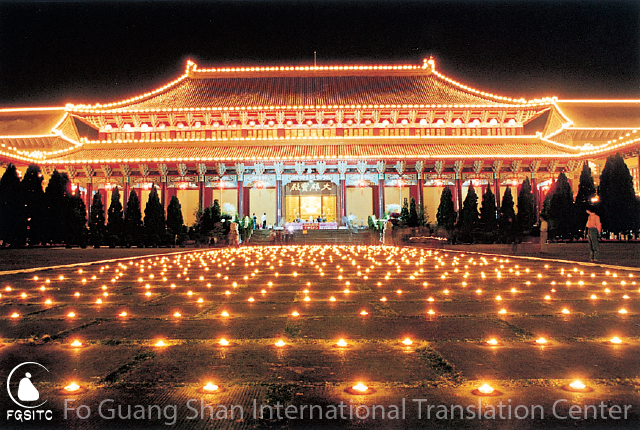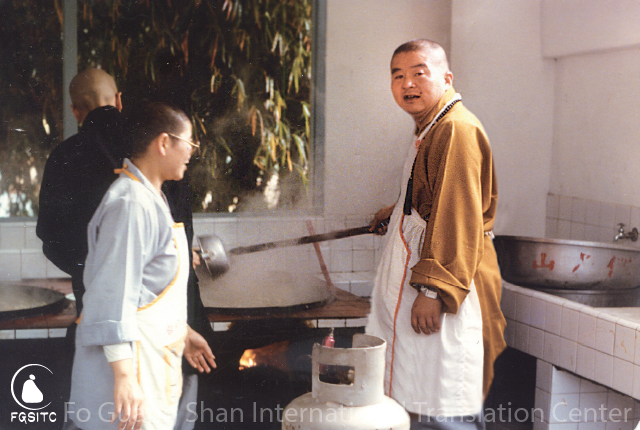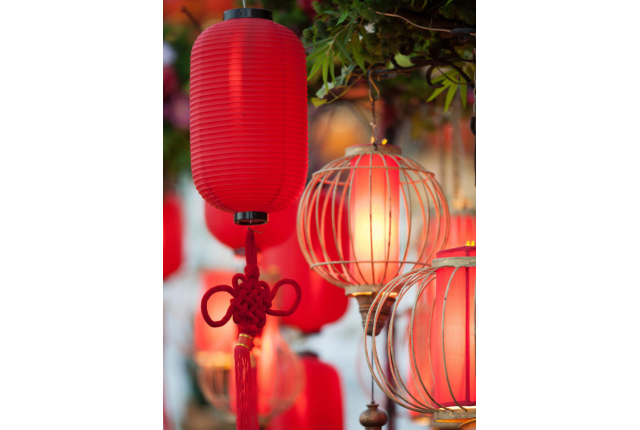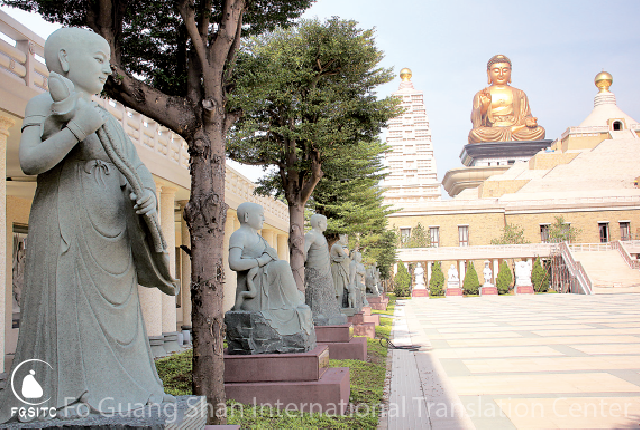
Dharma is for people.
There is one thing about the Dharma that I am completely sure of: the Dharma is for people. The Buddha’s teachings are not a cold philosophy designed merely to rearrange the concepts in our minds, they are a living act of compassion intended to show us how to open our hearts. I learned this truth just as everyone must learn it—by living life and applying the Buddha’s teachings to what I saw. I hope that by describing a few of my experiences, I will help readers understand my approach to the Dharma and why I feel so certain that the Dharma is something that must be practiced with other people, among other people, and for other people.
There is a saying, “Talking about the Dharma for ten minutes is not as valuable as practicing it for one minute.” The essays in this book have been presented to help people learn the profound teachings of Sakyamuni Buddha. They have not been presented as mere ideas, to be held apart from life. To learn the Dharma and not practice it would be tragic! It is my greatest hope that everyone who reads this book will also practice the teachings contained within it. Chanting the Buddha’s name or being consistent about meditation is like cooking. Our effort should be consistent, like the fire under a pot of rice. If we light the stove and then turn it off again, we will not succeed in preparing our meal. But if we apply the right amount of heat for the correct length of time, we will benefit from our effort. This is the wisdom of thousands of years of Buddhist practice. When we focus on these teachings and allow ourselves to be receptive to them, our lives will be filled with compassion and we will learn the way to the truth.
Buddhist practice must start with who we are and what we do.
First we learn to control the negative impulses of the body. This is morality. Then we learn to control the mind. This is meditation. Then we learn to understand the deep truths of life. This is wisdom. Each stage depends on the one before it. When I was a young man we spent many long hours meditating. Like many Chinese monasteries, Qixia Shan Monastery taught a mixture of Pure Land and Chan teachings. Sometimes we chanted Amitabha Buddha’s name and sometimes we simply meditated on the Buddha nature within us. These two practices fit together quite well because the first teaches us to be humble enough to rely on the Buddha, while the second teaches us to be wise enough to rely on ourselves.
Meditation is an essential part of Buddhist practice, but no one should think that meditation is all that there is to Buddhism. The deepest truth that I learned in the meditation hall at Qixia Shan monastery is that the mind in meditation is the mind of all sentient beings, and that it is the mind of all Buddhas. Meditation is a door; what goes through the door is our compassion for others.
The purpose of meditation is to make the mind tranquil so that the distraction of deluded thinking can settle. As these thoughts settle, a higher awareness begins to appear. In Buddhist writings, the mind is sometimes compared to a pool of water. Its original nature is clear and pure, and it becomes cloudy only when the silt of delusion is stirred up in it. Meditation is a way of letting the silt in the pool settle. Once it has settled, everything becomes clear. Probably the greatest lesson that we can learn from sitting meditation is that mental clarity can also be achieved in all other situations. Once we become accomplished at sitting meditation, we will begin to see that it is possible to meditate while standing, or walking, or doing just about anything.
The biggest single reason that people do not gain much from their practice or drop it entirely is that they do not properly balance practice and learning.
Due to this imbalance, they lose heart and conclude that there is nothing to be gained from the Dharma. If our understanding of the Dharma is based only on words or ideas, we will not have deep understanding. The purpose of chanting and meditation is to show us that the insights of the Buddha are real. When we experience them in meditation, or when we are inspired by them in chanting, we renew ourselves and empower ourselves to continue the long process of introspection and moral growth that is the path to awakening.
If you feel yourself lagging in your studies or becoming bored with the Dharma, find a good place to meditate, or seek out an opportunity to join a retreat. You will be transformed by the experience. With practice the benefits of meditation can be brought into the mind very quickly. With practice we learn to see the Buddha within, and not to look outside.
My single greatest ambition has always been to disseminate the Dharma through writing. Only the written word survives the ages. I learned the Dharma largely from the writings of others and I feel that it is my duty to try to pass it on in good condition. The truths contained in the Dharma transcend language, and yet the medium that people use for conveying those truths is language. I hope that readers of this small book will enjoy the words that follow as they profit from the deep wisdom of the Buddha.
From The Core Teachings, written by Venerable Master Hsing Yun.
Image from Pixabay.











